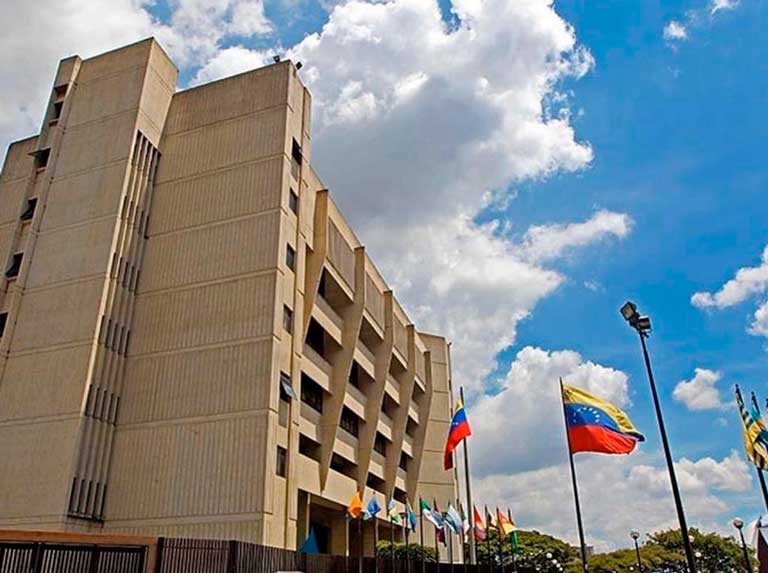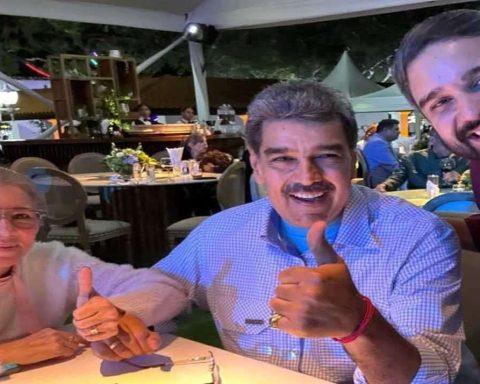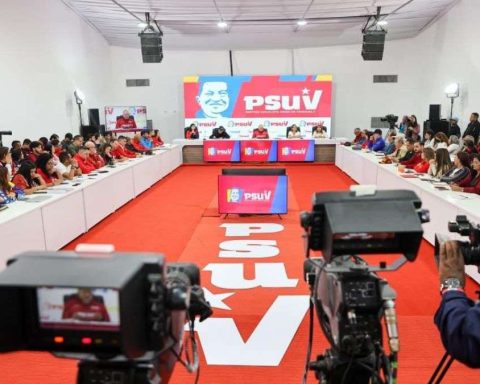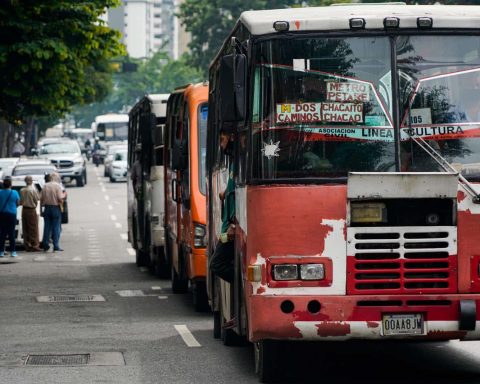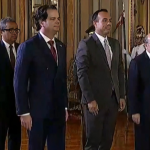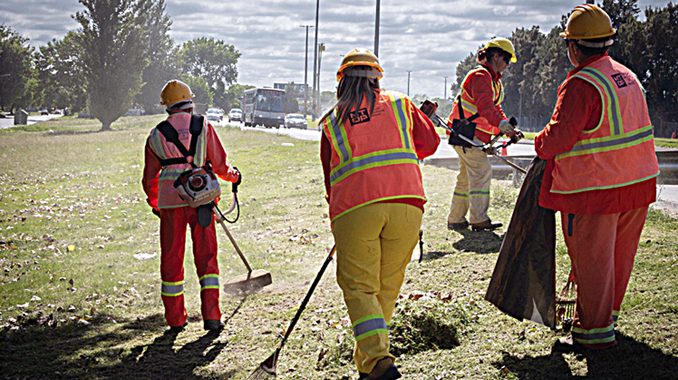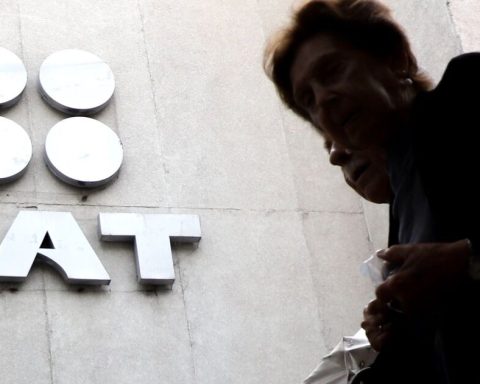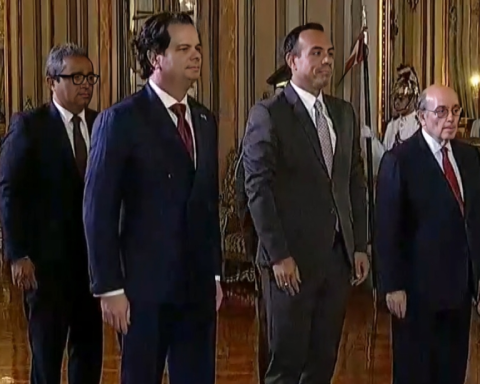The Supreme Court of Justice (TSJ), through the Political-Administrative Chamber, declared inadmissible the “contentious-administrative appeal for annulment and precautionary protection” against what the plaintiff called “INSTRUCTIONS (…) dated March 22, 2022 ( …)”, whose authorship he claimed to attribute to the National Budget Office (ONAPRE), despite the fact that such a hypothetical administrative act is non-existent, refers to a press release from the TSJ.
The plaintiff failed to comply with the extremes of the law, by not accompanying the libel, with an original or copy of the alleged “administrative act”, as a fundamental document of any claim, among other deficiencies, which led to the inadmissibility of the claim in accordance with the provisions in article 35 of the Organic Law of the Contentious-Administrative Jurisdiction, which provides the following: “The application will be declared inadmissible in the following cases: (…) 4. Not accompanying the essential documents to verify its admissibility (…)”.
In this sense, the aforementioned Chamber declared that “the intended document in the aforementioned terms of the formal and essential requirements that comprise it, does not constitute an administrative act; being so, this Chamber warns that we are in the presence of what is known in the doctrine and jurisprudence as the “non-existent act”, because any document that is indicated as such cannot be an administrative act, without it having been dictated in accordance with the Law, complying with the extremes of articles 7, 9, 18, 19, 72 and 73 of the Organic Law of Administrative Procedures…”.
Likewise, the Chamber noted “…the close link between the matter that underlies this lawsuit and the communicational matrix that has been created in recent months, attempting to impute to ONAPRE and, ultimately, to the Venezuelan State, an act whose existence has not been proven and, therefore, much less its authorship, which, despite its non-existence, has been used to generate discomfort in certain sectors of the community, create social conflict and violate cardinal values and principles provided in our constitutional order, which must be investigated by the competent institutions, including determining the possible existence of forging and other illicit acts, both in the present and in other related matters; case in which the possible responsibilities that may arise (criminal, disciplinary, administrative and/or civil) must be determined.”
For this reason, the highest court of the Republic exhorted the acting lawyer not to incur in faults in the procedural technique such as the sentenced one and not to file actions without complying with the essential assumptions strictly required by law.
